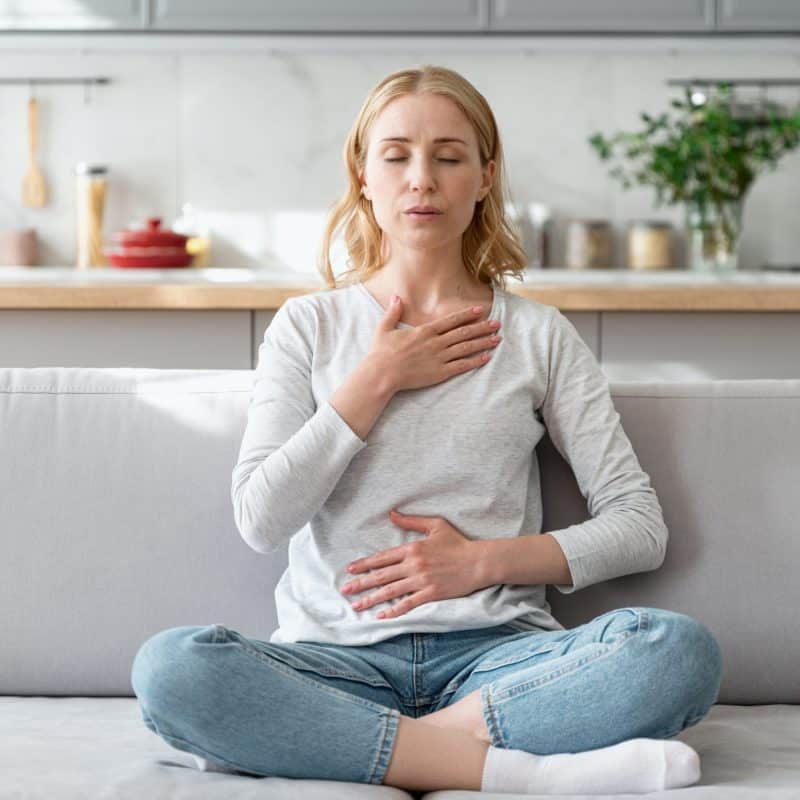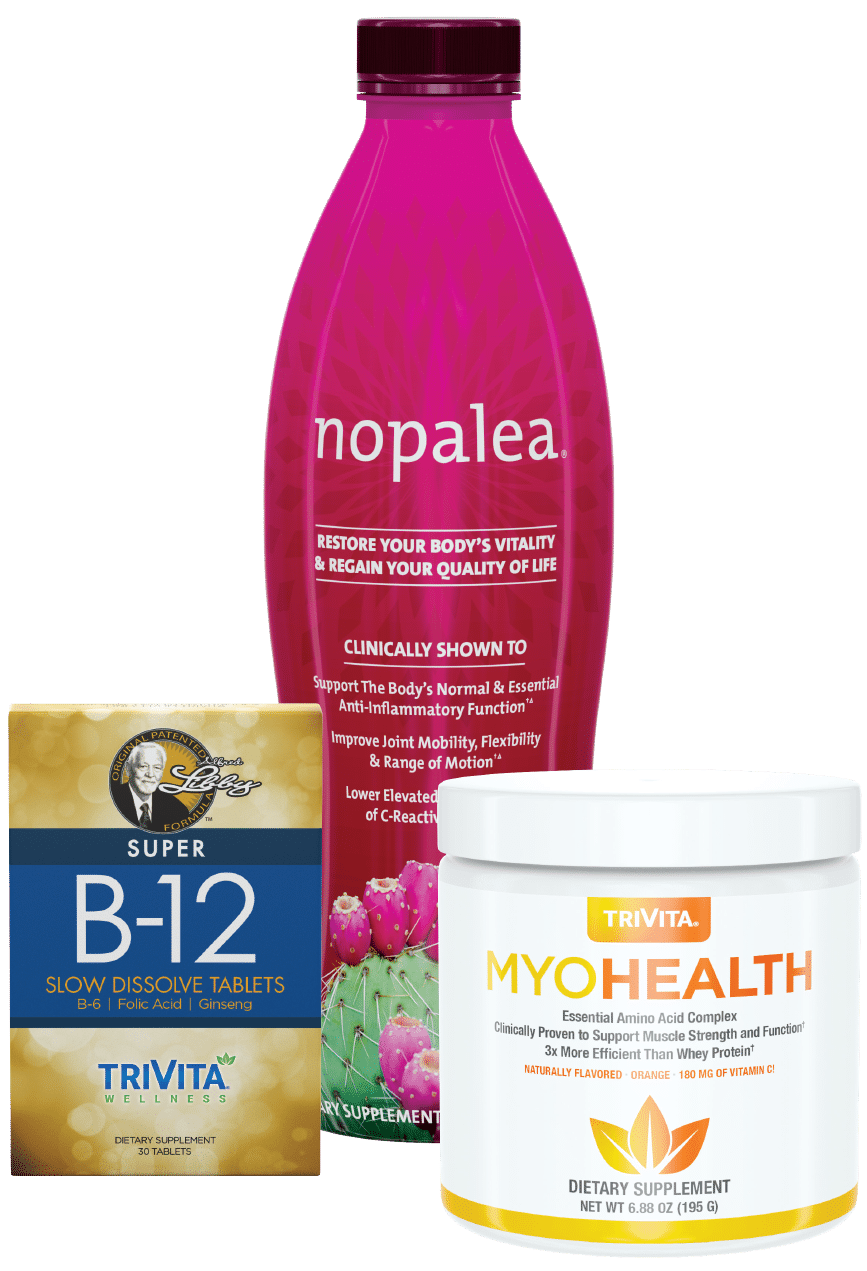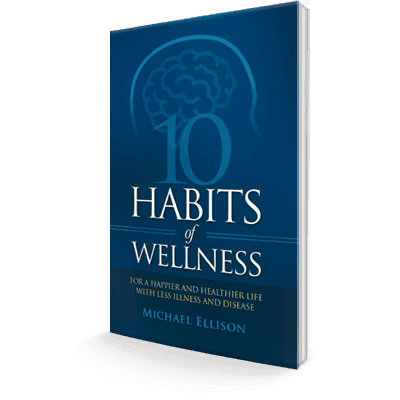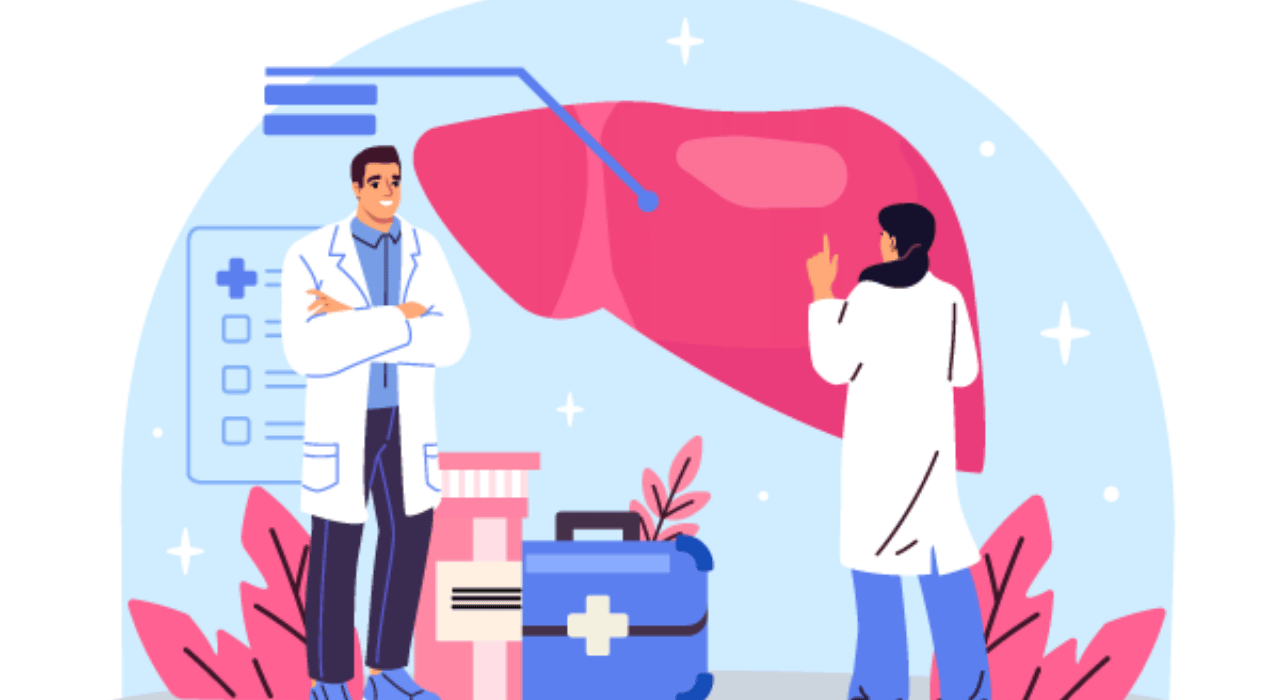Essential Vitamins for Stress
Vitamins, minerals, and antioxidants are important for brain health. Some vitamins can help you feel calmer and think more clearly. Let’s learn about them.
Vitamin C
Vitamin C isn’t just for fighting colds. This powerful vitamin is also great for your brain and cognitive function. It helps protect your brain from stress.
Foods that are rich in vitamin C include oranges, strawberries, kiwi, and bell peppers. Adding these tasty foods to your diet can help you feel less stressed and more focused.


Magnesium
Magnesium is a mineral that helps your muscles relax, and your brain calm down. It is a natural relaxant for your body and mind. When your body is deficient in magnesium, you might feel more anxious and stressed. Almonds, spinach, and avocados are tasty and easy ways to add magnesium to your diet.
How to Calm Yourself Down
Learning how to calm yourself down when you’re feeling stressed is important for mental and physical health. Vitamins can help, and there are also other things you can do. Here are some stress management tips to help you stay calm and relaxed.
Clear Your Mind
When feeling stressed, thinking clearly and paying attention can be difficult. Stressful situations can make us feel overwhelmed and trigger negative thoughts. When you feel overwhelmed, your mind races, your heart beats faster, and you just can’t seem to focus. When feeling overwhelmed, teaching your mind to relieve stress is important to your mental and physical health.
Deep Breathing
Start paying attention. When you are feeling stressed, take a deep breath. Research shows this is a great way to calm down and center yourself in the present moment. Deep breaths send a signal to your brain to relax and stabilize your heart rate. Try taking a slow, deep breath in through your nose, hold it for a few seconds, and then slowly breathe out through your mouth. Do this a few times until you start feeling calmer. This is a simple technique, and you can do it anywhere.

Zinc
Zinc is a mineral with amazing benefits. It helps your brain function properly and can also help reduce anxiety and stress. Zinc can be obtained from foods like beef, chickpeas, and pumpkin seeds. Including these foods in your diet can have a significant impact.
Stress-Relieving Herbs
In addition to vitamins and minerals, certain herbs can also help relieve stress. Ashwagandha, Rhodiola, and holy basil can help the body manage stress by stimulating the relaxation response. These plants can survive in tough conditions, and we can benefit from their amazing ability to adapt to stress.
You can take these herbs as supplements in teas or add them to foods. They can help balance stress hormones and support overall mental and physical health, making them a great tool for reducing stress.
Exercise
Exercise is another great way to tame the body’s stress response. When you exercise, your body releases endorphins, which are chemicals that make you feel good. Even a short walk or some gentle stretches can help you feel more relaxed. Plus, it’s a great way to enjoy some fresh air and sunshine.
Healthy Eating
Eating healthy foods can also help reduce stress and boost our mental and physical health. When your body gets the right nutrients, it can handle stress better. Eat a balanced diet with plenty of fruits, vegetables, whole grains, and lean proteins. Avoid too much sugar and caffeine, as they can make you feel more anxious. A healthy diet supports a healthy mind.
Getting Enough Sleep
Sleep is crucial for managing stress. When you don’t get enough sleep, it can be harder to handle stress. Aim for at least 8 hours of sleep each night. Create a relaxing bedtime routine, like reading a book or taking a warm bath, to help you fall asleep easier. A good night’s sleep makes a significant impact.
How Vitamins Help with Stress
Vitamins and minerals can help your body and mind handle stressful situations better. They support brain health and cognitive function, boost your mood, and help you feel more relaxed. Let’s look at some more vitamins and minerals that are great for reducing stress.

Vitamin D
Your body makes vitamin D when you’re out in the sun, earning it the nickname “sunshine vitamin.” Vitamin D helps regulate your mood and reduce stress. You can also get vitamin D from foods like fatty fish, egg yolks, and fortified milk. Spending a little time outside each day can also help boost your vitamin D levels.
Omega-3 Fatty Acids
Omega-3 fatty acids are great for your brain. They help improve your mood and reduce anxiety. You can get omega-3s from foods like salmon, walnuts, and flaxseeds, and you can also take an omega-3 supplement.
Vitamin B12
Vitamin B12 is essential for maintaining and supporting healthy brain function. This powerful vitamin can also help improve mood and reduce stress and anxiety. You can find B12 in foods like fish, meat, eggs, and dairy products. For those who follow a vegetarian or vegan diet, B12 supplements or fortified foods can be a great option.
Folic Acid
Folic acid, also known as vitamin B9, is important for brain health and emotional well-being. It helps produce serotonin, a chemical messenger that regulates mood. Low levels of folic acid can contribute to increased states of feelings of stress and anxiety. You can get folic acid from leafy green vegetables, beans, and fortified cereals.








